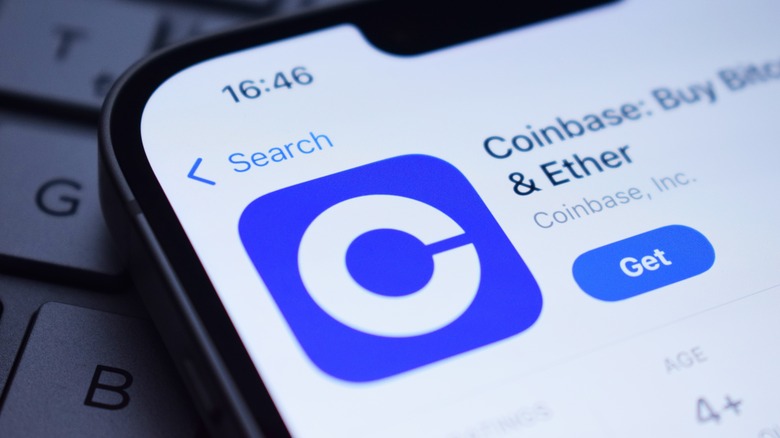This US State Is Gifting $12,000 In Crypto To Certain Residents. Here's Why
The idea of a basic income — a fixed amount of money that everyone gets without meeting any hard criteria — has been touted for decades. Now that AI is destabilizing a lot of job industries, including the financial advisory industry, debates about each citizen having an income safety net have only risen. There have been multiple experiments from companies and governments to see how direct, no-strings cash can change work, health, and financial stability, and, in 2025, a Coinbase-funded pilot called Future First is making another attempt in New York City.
The administering nonprofit GiveDirectly is paying 160 low-income young adults, aged 18 to 30, $12,000 each in USDC, a dollar-pegged stablecoin issued by Circle. The recipients, selected by lottery, will get $8,000 upfront to enable bigger financial moves, then subsequent $800 monthly payments over five months; these payments will be delivered to the recipients' Coinbase accounts. The aim is to test whether stablecoin rails can move aid faster, cheaper, and more transparently than cards or bank transfers.
Coinbase isn't funding this out of the blue, though. The company previously ran GiveCrypto, a philanthropy effort that sent crypto directly to people in need. It shut down in December 2023, pledging the remaining funds of $2.6 million to GiveDirectly and the Bitcoin developer nonprofit Brink. GiveDirectly also once ran an initiative called Project100+, where it sent $1,000 to nearly 200,000 households during COVID, making it the largest privately funded U.S. cash transfer program at the time.
Why is GiveDirectly giving crypto instead of cash?
Guaranteed income initiatives have always met with mixed receptions, even though participants often appreciate such financial aid. For instance, the Stockton Economic Empowerment Demonstration ran from February 2019 to January 2021, giving 125 residents $500 per month for 24 months. The evaluation found that recipients saw less income volatility, better mental health, and improved well-being. That one may have ended, but there are still similar $500 a month programs Americans can qualify for. However, funding and transparency issues have always plagued such initiatives.
Darin Carter, Coinbase's head of U.S. policy and grassroots advocacy, told Bloomberg that the Future First program is designed to provide not only financial support but also "crypto education for young New Yorkers," in the hopes of demonstrating the value of blockchain-based payments. Although previous initiatives through GiveCrypto have failed, they say that GiveDirectly is better equipped to serve these donations and see what kind of decisions the recipients make with the crypto — including whether it'll affect key socioeconomic factors like housing or education.
The choice of going for crypto also solves transparency issues, since it's all in the blockchain, and it will cost less than sending through bank wires, prepaid cards, or regular transfer methods. Distributing USDC through Coinbase accounts is also part of the test, since they can now see if participants keep the crypto, move it to a bank with a 1.75% transfer fee, use a Coinbase debit card (which is different from a credit card), or withdraw cash.

